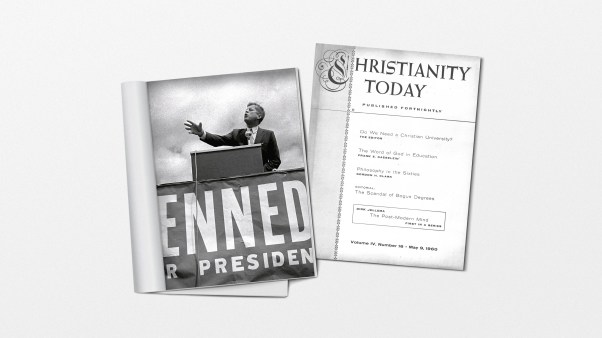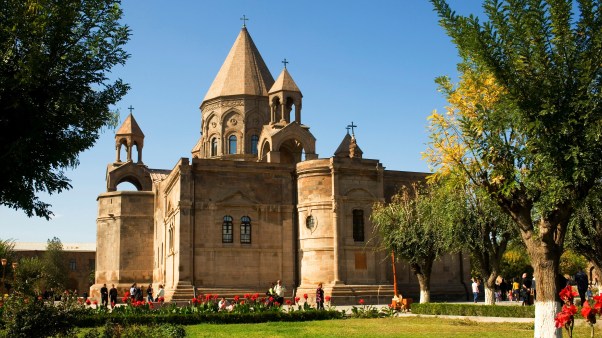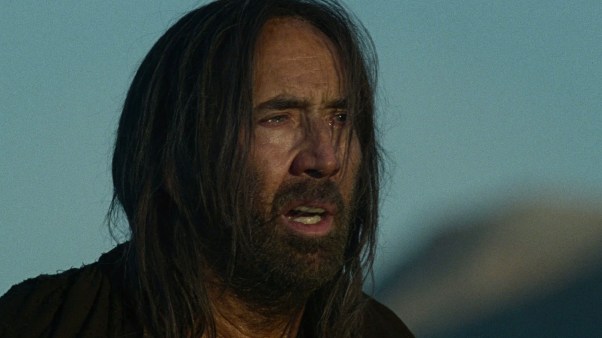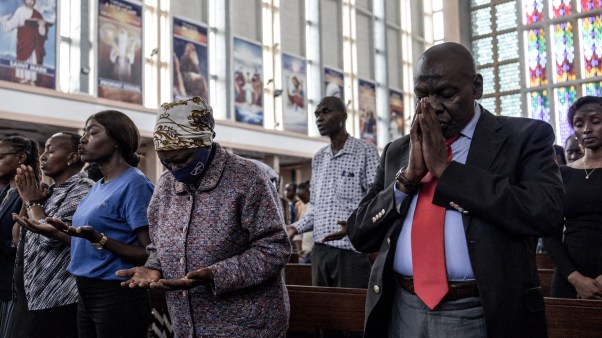“Freedom of worship” has recently replaced the phrase “freedom of religion” in public pronouncements from the Obama administration. Experts are concerned that the new rhetoric may signal a policy change.
“Freedom of worship” first appeared in President Obama’s November remarks at the memorial service for the victims of the Fort Hood shooting. Days later, he referred to worship rather than religion in speeches in Japan and China.
Secretary of State Hillary Clinton echoed the shift in language. In a December speech at Georgetown University, she used “freedom of worship” three times but “freedom of religion” not at all. While addressing senators in January, she referred to “freedom of worship” four times and “freedom of religion” once when quoting an earlier Obama speech.
The U.S. Commission on International Religious Freedom noted the shift in its 2010 annual report. “This change in phraseology could well be viewed by human rights defenders and officials in other countries as having concrete policy implications,” the report said.
Freedom of worship means the right to pray within the confines of a place of worship or to privately believe, said Nina Shea, director of the Center for Religious Freedom and member of the commission. “It excludes the right to raise your children in your faith; the right to have religious literature; the right to meet with co-religionists; the right to raise funds; the right to appoint or elect your religious leaders, and to carry out charitable activities, to evangelize, [and] to have religious education or seminary training.”
The State Department does acknowledge that worship is just one component of religion, said spokesperson Andy Laine. “However, the terms ‘freedom of religion’ and ‘freedom of worship’ have often been used interchangeably through U.S. history, and policymakers in this administration will sometimes do likewise.”
While Obama’s administration may simply be using different words to say the same thing, the timing of the change is worrisome, said Thomas Farr, religion professor at Georgetown University. Obama just recently announced an ambassador for international religious freedom (Suzan Johnson Cook), but the position has been demoted within the State Department.
“It puts what otherwise might have been passed off as a rhetorical shift under the spotlight a little more,” Farr said.
The softened message is probably meant for the Muslim world, said Carl Esbeck, professor of law at the University of Missouri. Obama, seeking to repair relations fractured by 9/11, is telling Islamic countries that America is not interfering with their internal matters, he said.
As with all diplomatic decisions, the move is a gain and a loss, Esbeck said. Other countries may interpret the change as a sign that America is backing down from championing a robust, expansive view of religious freedom, which if true would be a loss, he said.
But the State Department has traditionally ignored religion’s impact on foreign affairs, he said. “The Obama administration seems, at least in part, to get that a large part of successful foreign relations is taking religion into account.”
If Obama is telling the State Department to be religiously sensitive, that’s a gain, Esbeck said.
Not everyone agrees.
“If [Obama is changing language to signal sensitivity], it is terribly shortsighted and self-defeating,” Farr said. “It will not work, and it will simply make the situation more difficult … to engage.”
Shea said the danger is greater than a mere backfiring. “I’m very fearful that by building bridges, we’re actually stepping away from this fundamental principle of religious freedom. … It is so critical for Western, especially American, leaders to articulate strong defense for religious freedom and explain what that means and how it undergirds our entire civilization.”
Copyright © 2010 Christianity Today. Click for reprint information.
Related Elsewhere:
The U.S. Commission on International Religious Freedom’s 2010 annual report is available on its website with references to further media coverage.
Previous Christianity Today stories related to religious freedom and persecution include:
Pew Forum Releases Landmark Survey of International Religious Freedom | 70 percent of the world lives in areas with high restrictions on religion, report says. (December 16, 2009)
Looking for Clear Signals | Religious freedom needs less talk and more action in Washington. (November 4, 2009)
‘We’re Not Actually Advancing Religious Freedom’ | Thomas Farr says it’s time for policies that actually improve liberty around the world. (April 13, 2009)
CT also covers foreign policy on the politics blog.









